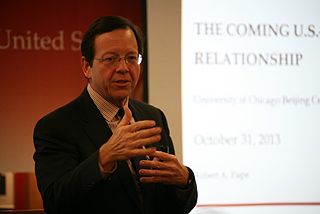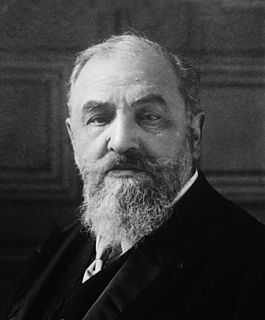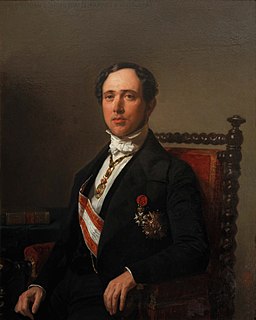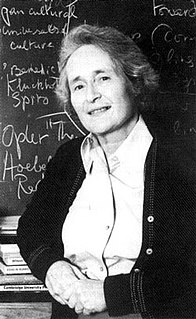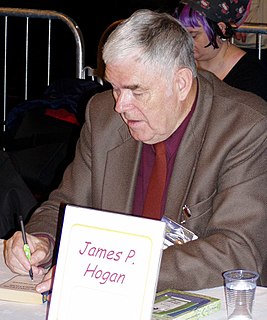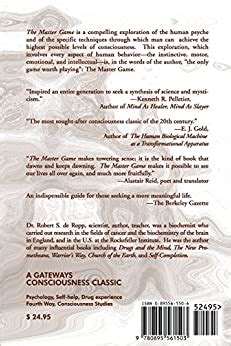A Quote by Benjamin Wittes
Political as well as religious cults can be distinguished from legitimate organizations by their use of doublethink. Though political cults espouse extremist ideologies, not extremist theologies, operationally they are virtually identical to religious cults, and they also go to great lengths to control the vocabularies of their members.
Related Quotes
Suicide terrorist groups are [not] religious cults isolated from the rest of their society, ... Rather, suicide terrorist organizations often command broad social support within the national communities from which they recruit, because they are seen as pursuing legitimate nationalist goals, especially liberation from foreign occupation.
In my opinion, advocating, allowing and practicing psychiatric and psychoanalytic dogmas within the church is every bit as pagan and heretical (and therefore perilous) as propagating the teachings of some of the most bizarre cults. The only vital difference is that the cults are less dangerous because their errors are more identifiable.
The Lord of the Rings is of course a fundamentally religious and Catholic work; unconsciously so at first, but consciously in the revision. That is why I have not put in, or have cut out, practically all references to anything like 'religion', to cults or practices, in the imaginary world. For the religious element is absorbed into the story and the symbolism.
There are only two possible forms of control: one internal and the other external; religious control and political control. They are of such a nature that when the religious barometer rises, the barometer of [external, i.e., political control] falls and likewise, when the religious barometer falls, the political barometer, that is political control and tyranny, rises. That is the law of humanity, a law of history. If civilized man falls into disbelief and immorality, the way is prepared for some gigantic and colossal tyrant, universal and immense.
The essence nature of the Brahmin is an urge to know the truth...the true Brahmin pursues truth at all costs and will not permit considerations of comfort or convenience to stand in his way. His most outstanding characteristic is his objectivity, his ability to rise above the dust of the arena, to resist the hypnotising effects of words and the blind passion of cults, political or religious.
Yet rather than calling the earliest religions, which embraced such an open acceptance of all human sexuality, 'fertility cults,' we might consider the religions of today as strange in that they seem to associate shame and even sin with the very process of conceiving new human life. Perhaps centuries from now scholars and historians will be classifying them as 'sterility cults.



